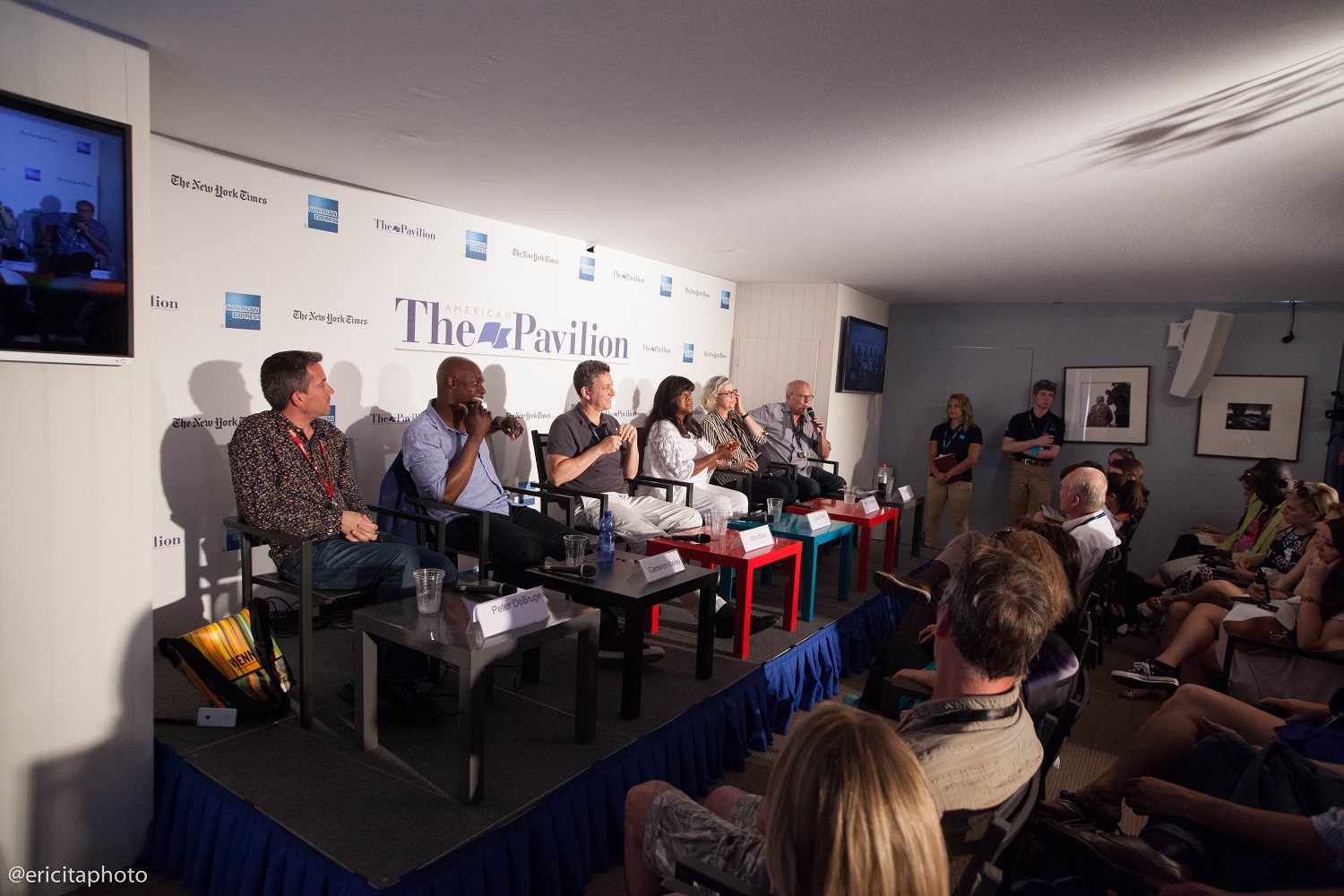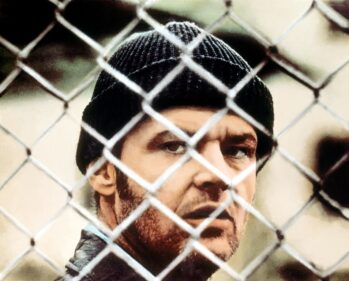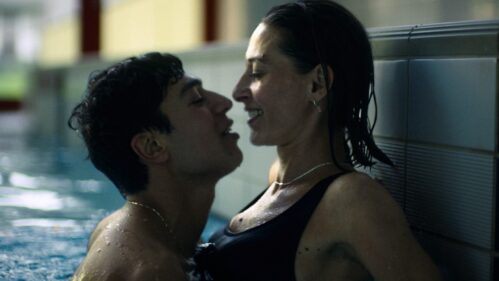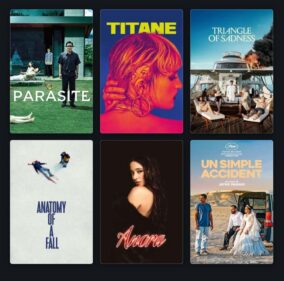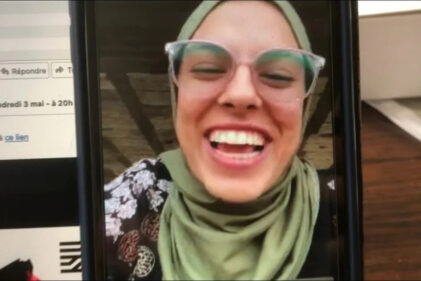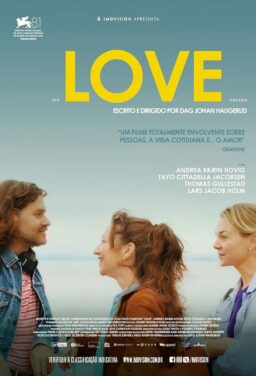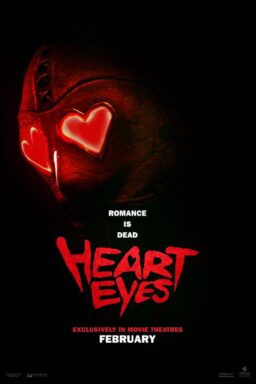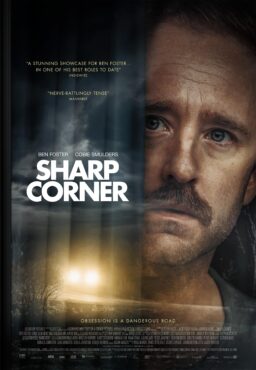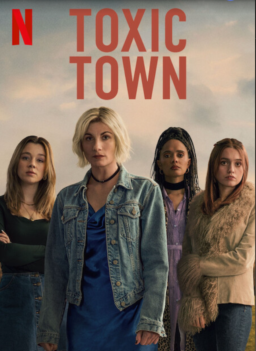In a room known as the Roger Ebert Conference Center, the American Pavilion at Cannes hosted a panel this afternoon inspired by one of Ebert’s most well known statements—that “movies are a machine that generates empathy.” In her introductory remarks, Chaz Ebert noted that when someone begins to talk about empathy, “people think that it’s like forcing you to eat broccoli.” But she sees empathy as a more hopeful concept, and noted why empathy is important. “A lot of the ideas that people have, you get from the cinema,” she said.
Some of the panelists suggested that empathizing starts with the filmmakers themselves. Cameron Bailey, the artistic director of the Toronto International Film Festival, pointed to the example of Ang Lee, a director who has worked in a wide variety of genres and settings. He cited Niki Caro’s “Whale Rider” as a movie that had a heroine who was unfamiliar to most audiences, and said that the movie had shifted “the range of empathy can be.” That’s an unusual thing: Bailey compared that sort of expansion to what we see in mass-market blockbusters like “The Dark Knight,” which, he said, encourage us to empathize with sociopaths. (The panel’s moderator, Ebertfest festival director Nate Kohn, added that the definition of a sociopath is a person who lacks empathy.)
Variety chief international critic Peter Debruge offered a corollary to Roger’s statement about the empathy machine. “The more alien the film, the more rich that opportunity is to go beyond your own existence,” he said. It goes further than whether characters are likable. “That’s not necessarily what empathy is about,” he said. There’s a range of styles and tools that filmmakers can employ to generate a feeling of empathy in viewers. He said that Spielberg films often seem “templatized to lock in emotional identification in others,” while a movie like the 2012 Palme d’Or winner, “Amour,” “requires the audience to meet it halfway.”
Indeed, the current year’s Cannes titles came up several times. Indiewire and Thompson on Hollywood’s Anne Thompson recommended “Son of Saul,” which forged a level of identification for her that she compared to Renée Falconetti’s performance in “The Passion of Joan of Arc.” But she also defended action films like the “Fast and the Furious” franchise and “Mad Max: Fury Road,” which forge empathy in a different way. (On the other hand, she said that one reason there are so many movies geared toward men is a belief in Hollywood that women can empathize with men’s perspectives, but that men can’t do the reverse.)
“Boyhood” producer and Cinetic Media founder John Sloss, who’s attached to Todd Haynes’s “Carol”—a movie praised by several of the panelists—relayed the story of a test screening of “Precious: Based on the Novel Push by Sapphire,” which he said sellers had worried would turn off African-American audiences. Director Lee Daniels had predicted the opposite, saying, according to Sloss, that the scenes that Sloss thought were horrifying would have “people falling out of their seats laughing.” Sloss said that inference turned out to be true.
Ebert spoke about the value of seeing different perspectives on screen. “If you see people painting only with a gray crayon over and over again, you start thinking that life is a gray crayon,” she said. She encouraged filmmakers “to use more colors.”

